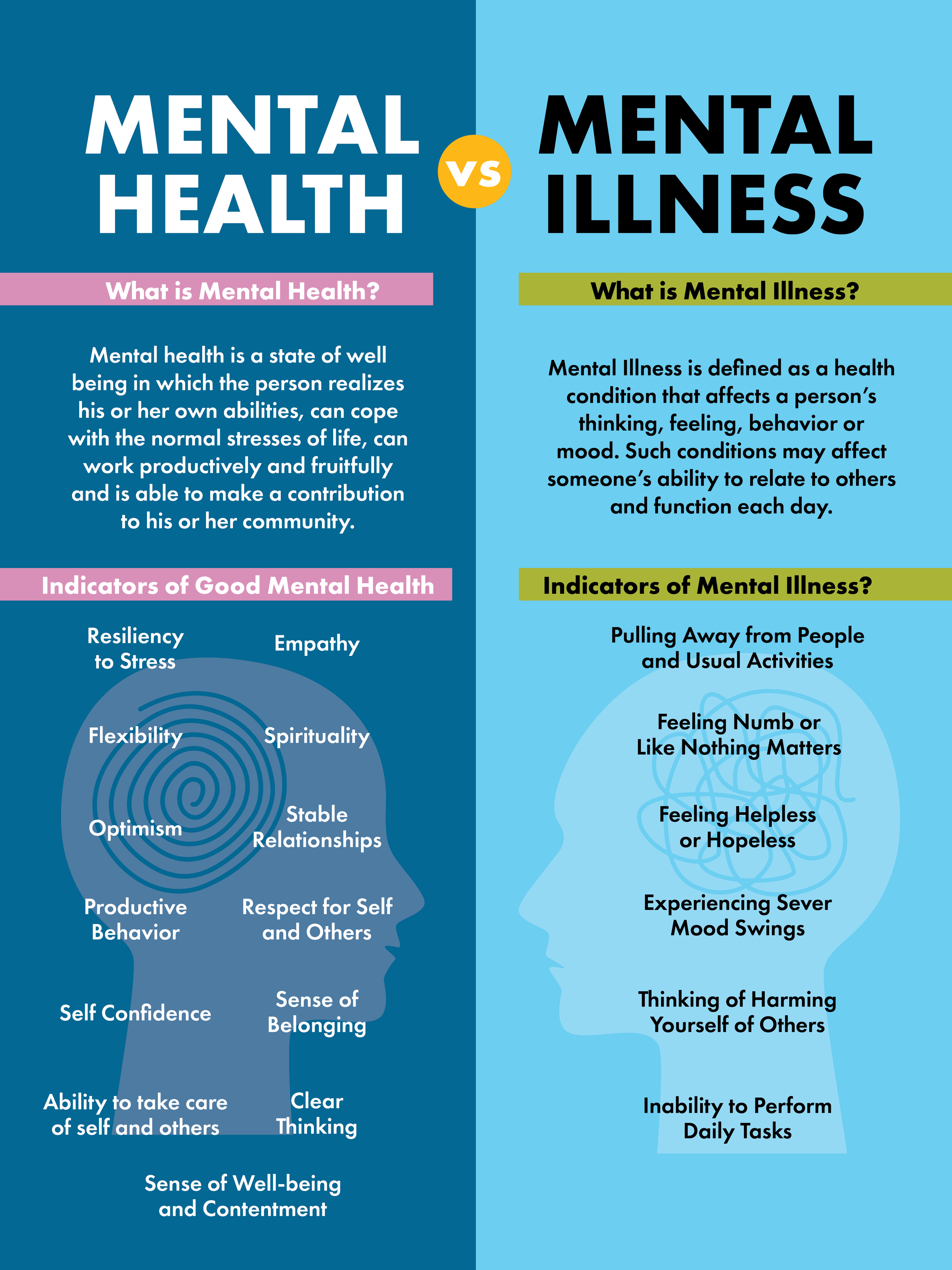Customized Support Through Our Inpatient Mental Health Program
Customized Support Through Our Inpatient Mental Health Program
Blog Article
Comprehensive Inpatient Mental Health And Wellness Solutions for Effective Treatment
Inpatient psychological health solutions stand for a vital component of the health care system, supplying a organized and intensive atmosphere for individuals experiencing serious psychological distress. Discovering the nuances of this continuum discloses substantial implications for both specific recovery and more comprehensive psychological wellness end results.
Comprehending Inpatient Mental Wellness Providers
Inpatient mental wellness solutions give essential support for people experiencing serious psychological distress that can not be handled effectively in an outpatient setup. These solutions are made to offer an extensive level of treatment in a structured setting, usually within a healthcare facility or specialized center. Individuals confessed to inpatient programs normally present acute signs, such as self-destructive ideation, severe clinical depression, or psychosis, demanding day-and-night surveillance and intervention.
The admission procedure usually includes a comprehensive assessment by mental health and wellness experts, who examine the individual's psychological state, history, and immediate requirements. When admitted, people engage in a variety of therapeutic techniques tailored to their certain demands, consisting of drug administration, individual therapy, and team sessions. This alternative technique aims to stabilize the client's problem, advertise safety and security, and foster coping abilities.
Inpatient psychological health and wellness solutions not only address immediate health concerns but additionally function as a bridge to ongoing care. By giving a regulated environment, these solutions help with the development of treatment strategies that can be proceeded in outpatient settings, therefore guaranteeing a continuum of care and improving long-term outcomes for people with complicated psychological health and wellness demands.
Key Components of Effective Treatment
Efficient treatment in inpatient psychological health and wellness services comprises a number of crucial elements that foster healing and stablizing. First and leading, an extensive assessment is crucial to recognize the person's certain needs and obstacles. This evaluation educates the development of a tailored treatment plan, which functions as a roadmap for intervention.
An additional important element is the multidisciplinary group technique. Cooperation amongst psychiatrists, psychologists, nurses, and social employees makes sure that different viewpoints add to the patient's care, enhancing the performance of therapy. Evidence-based healing methods, such as cognitive-behavioral treatment (CBT) and dialectical habits treatment (DBT), are also indispensable, offering structured strategies that address maladaptive thought patterns and behavior issues.

Lastly, an emphasis on aftercare planning is vital to make sure a smooth transition to outpatient solutions, reducing the risk of regression and advertising long-term wellness. These collective parts create an effective therapy framework within inpatient mental health and wellness services.
Advantages of Comprehensive Treatment

Thorough treatment in inpatient mental wellness services uses countless advantages that dramatically boost client outcomes. Among the main benefits is the all natural method to treatment, addressing not just the emotional signs however likewise the physical, social, and emotional needs of patients. This comprehensive evaluation enables for customized interventions that advertise total well-being.
An additional advantage is the integration of multidisciplinary teams, which fosters cooperation among medical care experts. This collective setting ensures that individuals get collaborated treatment, reducing the threat of fragmented therapy and enhancing communication amongst caretakers. Moreover, comprehensive care promotes connection of solutions, enabling smooth shifts from inpatient to outpatient settings, which is critical for long-term recuperation.
)
Last but not least, the organized atmosphere of thorough inpatient treatment offers a risk-free space for individuals to participate in restorative tasks, helping them establish coping techniques and durability. Collectively, these benefits add to much more reliable treatment and improved lifestyle for people experiencing mental wellness situations.
Evidence-Based Restorative Strategies
In the world of mental wellness treatment, evidence-based therapeutic methods play an essential function in ensuring that patients receive effective and scientifically sustained interventions. These techniques integrate the most effective readily available study with professional experience and person values, fostering a tailored treatment experience that addresses individual demands.
Cognitive Behavior Modification (CBT) is among the most commonly acknowledged evidence-based methods, concentrating on recognizing and transforming unfavorable thought patterns and behaviors. This structured technique has shown effectiveness in dealing with conditions such as depression, anxiety, and PTSD. In A Similar Way, Dialectical Behavior Modification (DBT) is particularly efficient for people with borderline individuality condition, emphasizing the growth of psychological policy and interpersonal efficiency abilities.
Furthermore, drug management is commonly an important component of evidence-based therapy, as psychotropic medicines can ease signs and symptoms and enhance general performance. Collective treatment versions, which include multidisciplinary teams, better boost the efficiency of inpatient solutions by ensuring extensive assessments and continual surveillance.
Inevitably, the assimilation of evidence-based restorative strategies not only advertises positive scientific end results however additionally equips patients, cultivating a feeling of company and durability in their psychological health journeys.
Transitioning to Outpatient Assistance
The change from inpatient psychological health services to outpatient support marks an important phase in a person's recuperation trip. This duration requires cautious preparation and sychronisation to guarantee continuity of care and to minimize the dangers of regression or dilemma. Efficient discharge preparation need to start early in the inpatient keep, including a multidisciplinary team that includes psychiatrists, psychologists, registered nurses, and social employees.
Key elements of an effective shift consist of the advancement of an extensive aftercare strategy tailored advice to the person's particular needs. This strategy ought to lay out follow-up appointments, medicine monitoring, and restorative interventions, along with identify community resources and assistance teams that can promote recurring healing.
Moreover, patient and household education is crucial Homepage throughout this phase. Recognizing the indications of possible problems and the importance of sticking to therapy can equip individuals and their support systems.
Regular follow-up and reassessment of the outpatient plan are important to attend to progressing obstacles. By cultivating a joint relationship between inpatient and outpatient service providers, the possibility of sustained recovery rises, eventually enhancing the client's lifestyle and minimizing the threat of readmission.

Verdict
In summary, comprehensive inpatient psychological health and wellness services supply an essential structure for attending to severe psychological distress via a multidisciplinary approach. Eventually, such comprehensive care is essential for long-lasting mental health and health.
The admission procedure generally includes an extensive assessment by mental wellness experts, who evaluate the individual's mental state, history, and prompt demands.Effective treatment in inpatient mental wellness services consists of several vital components that cultivate healing and stablizing.Thorough care in inpatient mental wellness services provides many advantages that substantially boost individual results.The transition from inpatient psychological health and wellness solutions to outpatient support marks an important phase in a client's recuperation trip.In recap, extensive visit our website inpatient psychological health services offer a crucial framework for resolving serious mental distress through a multidisciplinary approach.
Report this page